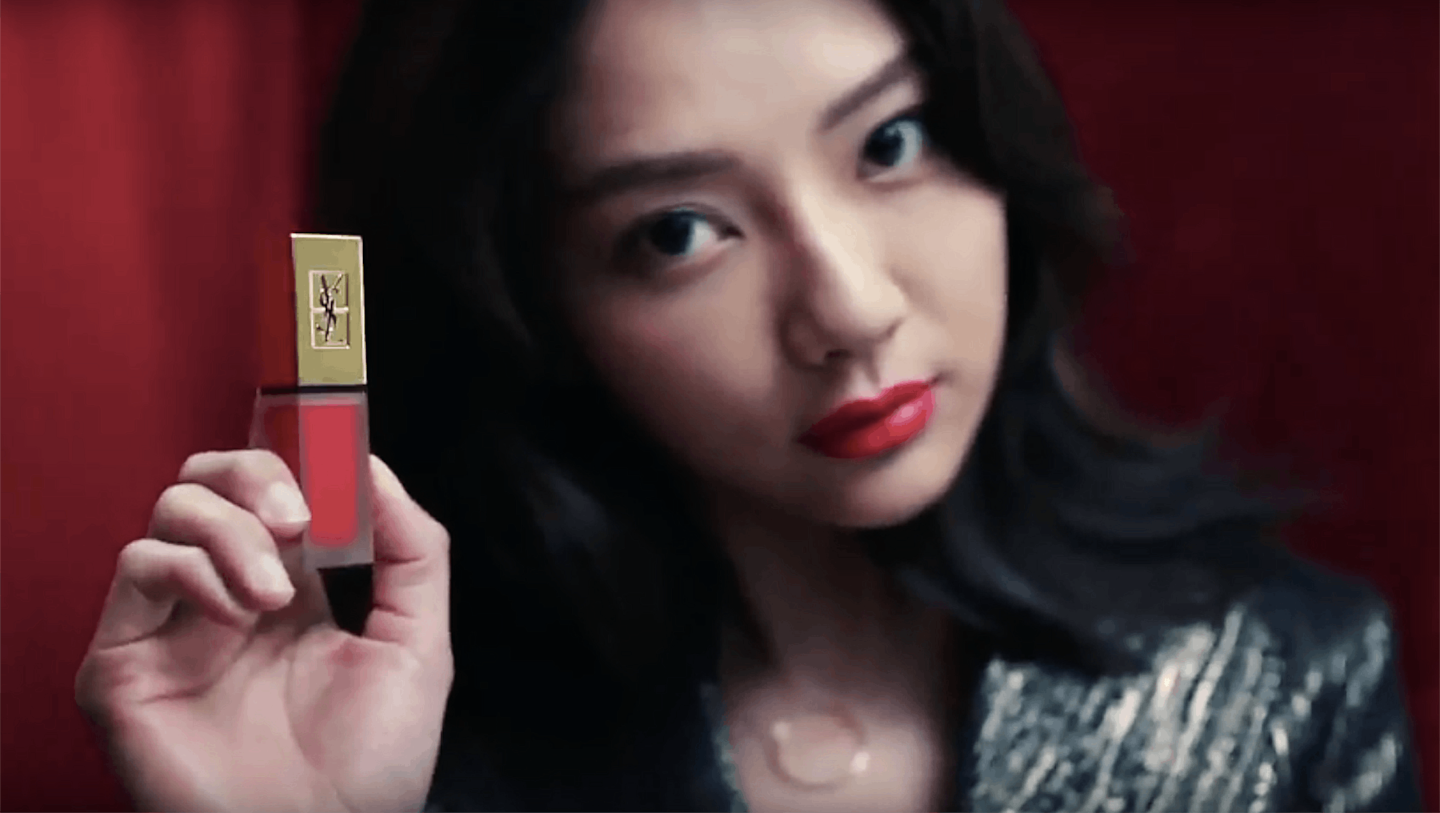
The Business of Fashion
Agenda-setting intelligence, analysis and advice for the global fashion community.

Agenda-setting intelligence, analysis and advice for the global fashion community.

HANGZHOU, China — Global beauty brands seeking to expand into China — now the world's largest and fastest growing cosmetics market, according to Morgan Stanley — can no longer ignore the country's largest business-to-consumer e-commerce platform, Tmall, which has attracted 500 million users at a time when China's e-commerce market is forecast to hit $1.7 trillion in the next two years. (Some brands previously shied away from the site because of concerns over steep discounting and counterfeit goods.)
Currently, Tmall, which is owned by Alibaba Group, offers more than 3,000 beauty brands and the adoption of the platform among prestige brands has risen from 55 percent in 2015 to 84 percent in 2018, according to a new report by research firm Gartner L2, with launches from brands including Giorgio Armani Beauty, Yves Saint Laurent Beauté, Darphin, Givenchy, Benefit Cosmetics and Fresh bolstering Tmall's upmarket assortment. However, mass brands like Maybelline — the highest performing beauty brand on Tmall — continue to have the upper hand.
Only three prestige brands — Dior, Estée Lauder and Avène — are among the top ten beauty brands on the platform in terms of visibility on Tmall. (Notably, Dior does not have an official Tmall store and all its listings on the platform are by third-party sellers.) Across colour cosmetics and skincare searches on Tmall, prestige brands account for slightly over 10 percent of results, but less than 10 percent of best sellers.
Over 3 million women buy at least five tubes of lipstick from Tmall each year.
To offer luxury brands additional visibility, Tmall launched its Luxury Pavillion in August 2017 — a separate section of the platform's site that is, for now, only visible to top spenders (consumers are selected based on three metrics: past purchase and browsing history of luxury goods; a required minimum of Taobao points attained; and a certain level of activity on Tmall). JD.com has launched a similar offering called Toplife, which functions as a luxury-focused online platform, although it is open to all.
ADVERTISEMENT
Last week, YSL Beauté set a new record for the most sales by a beauty brand on its first day of operations on the Luxury Pavillion. (The previous record holder was Givenchy, which made its Tmall debut on March 1 and raked up 29 million RMB in a single day.) L’Oreal-owned YSL Beauté generated over 30 million RMB ($4.77 million) in sales in the first 14 hours alone. Ten hours later, sales had reached 38 million RMB and the store’s followers totalled 1.2 million.
What made YSL’s Tmall launch so successful was its initial focus on lipstick. Lipstick, used by 95 percent of urban Chinese women, is the fastest growing category in China’s beauty market and accounts for 22 percent of the colour cosmetics segment. According to Alibaba, over 3 million women buy at least five tubes of lipstick from Tmall each year, and over 230,000 tubes of lipstick were sold on the platform in the first hour of its International Women’s Day promotion.
"It was a smart move [for YSL] given the cult-like status of its lipstick in China," said Liz Flora, editor of Asia Pacific research at Gartner L2. "Lipstick is an accessible form of luxury for middle-class consumers, who may not be able to shell out thousands for a YSL handbag but can splurge on premium beauty products. This also makes it popular with young consumers, who are more likely to shop online and are heavily influenced by beauty bloggers and celebrity promotions." Giorgio Armani Beauty and Givenchy also have Tmall shops, and lip products accounted for 80 percent of unit sales in March 2018.
Livestreaming — a phenomenon that has grown out of China’s burgeoning e-commerce industry — is another key driver of purchases for beauty brands. Today, there are hundreds of livestreaming platforms in China. While Yizhibo is the most popular livestreaming platform among Chinese consumers, brands favour Tmall livestreams because Tmall audiences are already primed for purchase and videos can link directly to product pages. Celebrities are also among the most powerful drivers of engagement on Tmall. L2 found that those that do feature celebrities drive 23 times more engagement.
A livestream featuring actress Zhao Liying promoting Chinese brand Pure & Mild drove the highest engagement on Tmall, generating 32.6 million interactions from March 2017 to January 2018. Kose-owned Sekkisei’s livestream with Mr Xiaomao was the second most popular Tmall beauty brand livestream in the same period; the KOL gave away lottery rewards while discussing Singles’ Day promotions, generating 22.5 million interactions. Meanwhile, the products promoted by actor Aaron Yan in Chinese brand MG’s livestreams in August 2017 outpaced sales of the brand’s other products.
Related Articles:
[ Alibaba vs JD.com: China’s Online Titans Battle for AsiaOpens in new window ]
[ At War with Alibaba: Top Brands Fight China's E-Commerce GiantOpens in new window ]
Request your invitation to attend our annual gathering for leaders shaping the global beauty and wellness industry.
Excitement for its IPO is building, but in order to realise its ambitions, more acquisitions and operational expenses might be required.
In an increasingly crowded space, makeup brands that prioritise natural ingredients are finding new ways to get their message across.
Shana Randhava, Priya Venkatesh, Heela Yang and Robin Tsai will join Imran Amed and Priya Rao to identify the entrepreneurs shaping the future of the beauty industry.